
(Portugese translation below / Traduçãoem português abaixo)
Jaap Schoof is an 81-year-old survivor who grew up on the island of Schouwen-Duiveland in Zeeland, the Netherlands. Born in 1944, he experienced the devastating North Sea flood of 1953 firsthand when he was nearly nine years old.
Throughout his life, Jaap has remained closely connected to his region and its history. He later became involved in preserving the memory of the disaster, including serving as a director at the local Watersnoodmuseum (flood disaster museum), where he helped collect and share the stories of other survivors.
Jaap Schoof (81) está em cima do diqueem Ouwerkerk, nos Países Baixos, perto de onde a água transbordoudurante as enchentes de 1953. Ele morava abaixo do dique em umafazenda da família.
Jaap Schoof é um sobrevivente de 81anos que cresceu na ilha de Schouwen-Duiveland, em Zeeland, nosPaíses Baixos. Nascido em 1944, ele viveu de perto a devastadoraenchente do Mar do Norte em 1953, quando tinha quase nove anos.
Ao longo da vida, Jaap manteve umaligação próxima com sua região e sua história. Mais tarde,envolveu-se na preservação da memória do desastre, incluindo atuarcomo diretor no Watersnoodmuseum (museu da enchente), onde ajudou acoletar e compartilhar as histórias de outros sobreviventes.
What has climate change done here?
When I was only 8 years old, this land was shaped by the threat of flooding, most of all, by the disaster of 1953. I remember waking up that Sunday morning and seeing our farm standing alone, surrounded by water. My father told my grandmother not to worry, the water was only as high as it had been in 1944, when the Germans flooded the region on purpose. But by the afternoon, another surge came, and suddenly we were sitting on the attic, listening to cows swimming outside until the sounds of them disappeared. The next day, a neighbour rescued us by boat, and marines took us to safety.
In those days, after a flood, the rain would come and wash the salt out of the land. We could return to farming. But now, climate change has made everything more difficult. Saltwater is seeping in under the dikes, and hot, dry summers mean there’s less fresh rainwater to flush the salt away. Even a small drop in the harvest, just five percent, can mean the difference between making a living and losing everything. The margins are razor-thin these days.
Quando eu tinha apenas 8 anos, estaterra já estava moldada pela ameaça de inundações, principalmentepelo desastre de 1953. Lembro-me de acordar naquela manhã de domingoe ver nossa fazenda sozinha, cercada pela água. Meu pai disse àminha avó para não se preocupar, a água estava apenas na alturaque havia estado em 1944, quando os alemães inundaram a região depropósito. Mas à tarde, outro aumento veio, e de repente estávamosno sótão, ouvindo as vacas nadando do lado de fora até que os sonsdesapareceram. No dia seguinte, um vizinho nos resgatou de barco, efuzileiros nos levaram para um lugar seguro.
Naqueles dias, após uma inundação, achuva vinha e lavava o sal da terra. Podíamos voltar a cultivar. Masagora, as mudanças climáticas tornaram tudo mais difícil. A águasalgada está se infiltrando sob os diques, e os verões quentes esecos significam menos água doce para lavar o sal. Mesmo uma pequenaqueda na colheita, apenas cinco por cento, pode significar adiferença entre ganhar a vida e perder tudo. As margens hoje sãomínimas.
What do you think world leaders have to do now to stop things from getting worse and to help us adapt?
I don’t believe they’ll solve the problem. They’re all looking out for themselves. We have the technical solutions: higher dikes, new dams, inland lakes. But these things need strong political will and decisive action, and I don’t see that happening today. The plans for the Delta Works (a network of dams and barriers in southwest Netherlands that protect the land from flooding) were ready long before the disaster, but it took a crisis to make them real. Now, with all the consultations and legal battles, it’s much harder to get anything done.
It’s noble to imagine a world leader standing up and saying, ‘We must all consume less.’ But that’s not going to happen. No one is going to do that. You can’t write a manual for solving this. What’s important is that we’re aware of the risks and that we prepare for what’s coming. We need to be ready to adapt, to change, and to help each other when things get tough. That’s the only way forward.
Não acredito que eles vão resolver oproblema. Todos estão olhando apenas para si mesmos. Temos assoluções técnicas: diques mais altos, novas barragens, lagosinteriores. Mas essas coisas precisam de vontade política forte eação decisiva, e não vejo isso acontecendo hoje. Os planos para oDelta Works (uma rede de barragens e barreiras no sudoeste dos PaísesBaixos que protegem a terra das inundações) estavam prontos muitoantes do desastre, mas foi preciso uma crise para torná-los reais.Agora, com todas as consultas e batalhas legais, é muito maisdifícil fazer qualquer coisa.
É nobre imaginar um líder mundial selevantando e dizendo: “Todos devemos consumir menos.” Mas issonão vai acontecer. Ninguém vai fazer isso. Não se pode escrever ummanual para resolver isso. O que importa é estarmos conscientes dosriscos e nos prepararmos para o que está por vir. Precisamos estarprontos para nos adaptar, mudar e ajudar uns aos outros quando ascoisas ficarem difíceis. Esse é o único caminho a seguir.


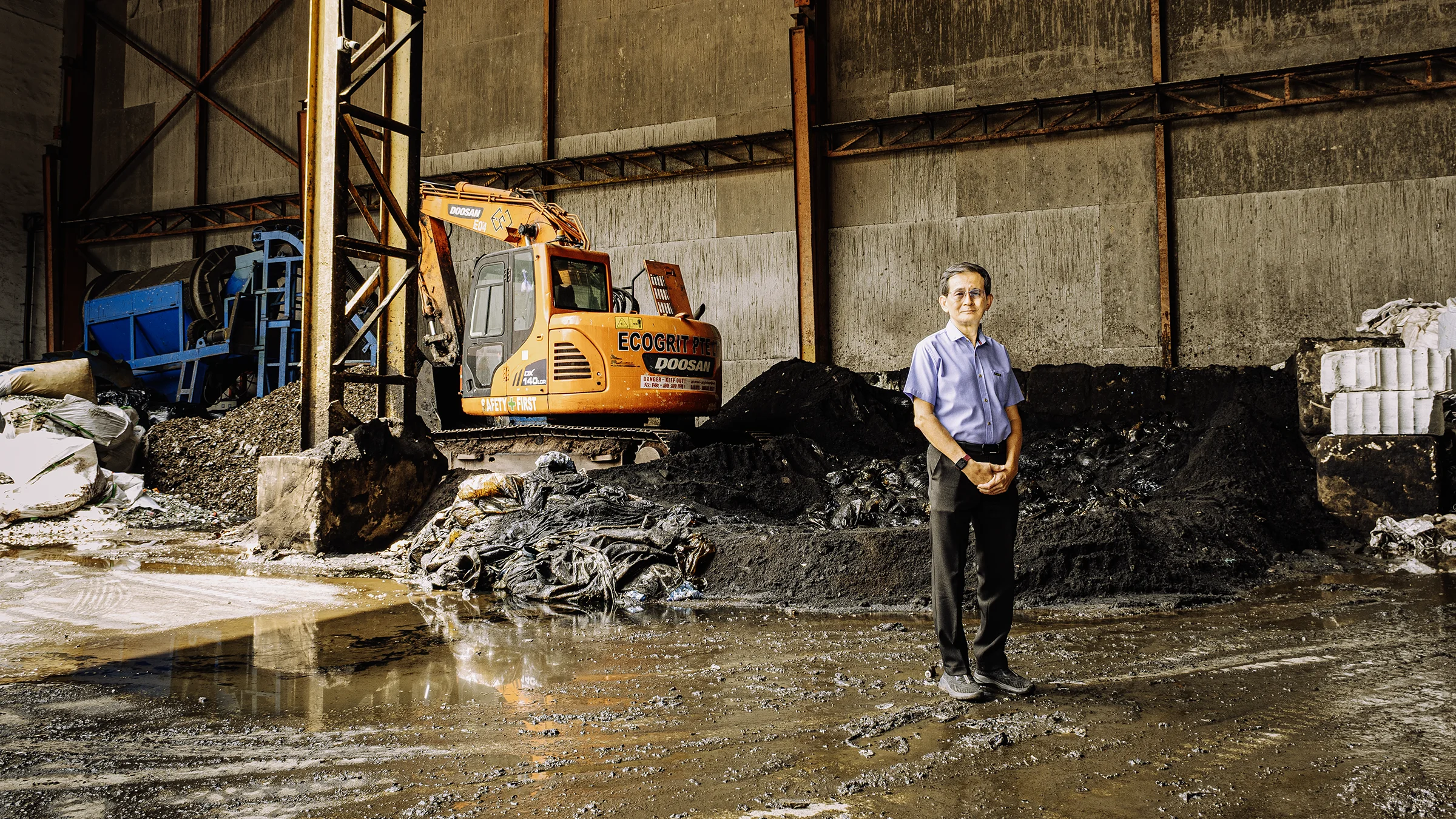
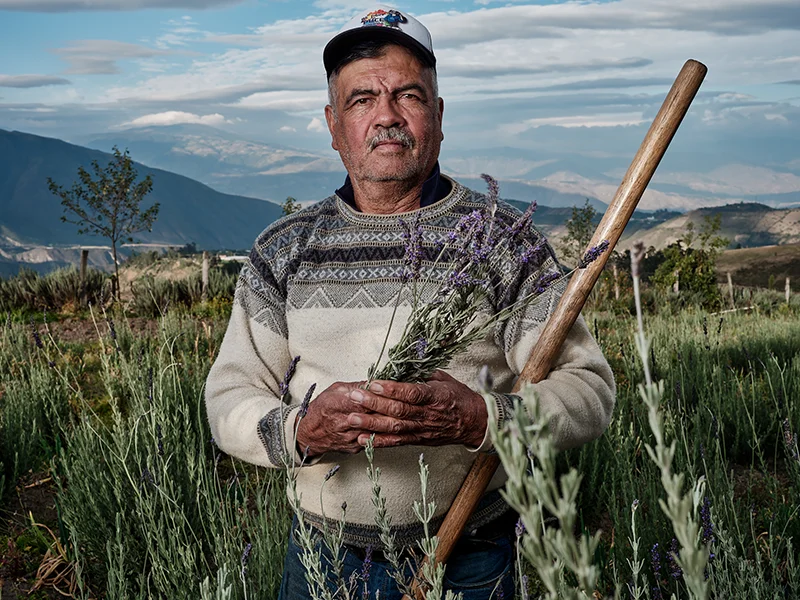
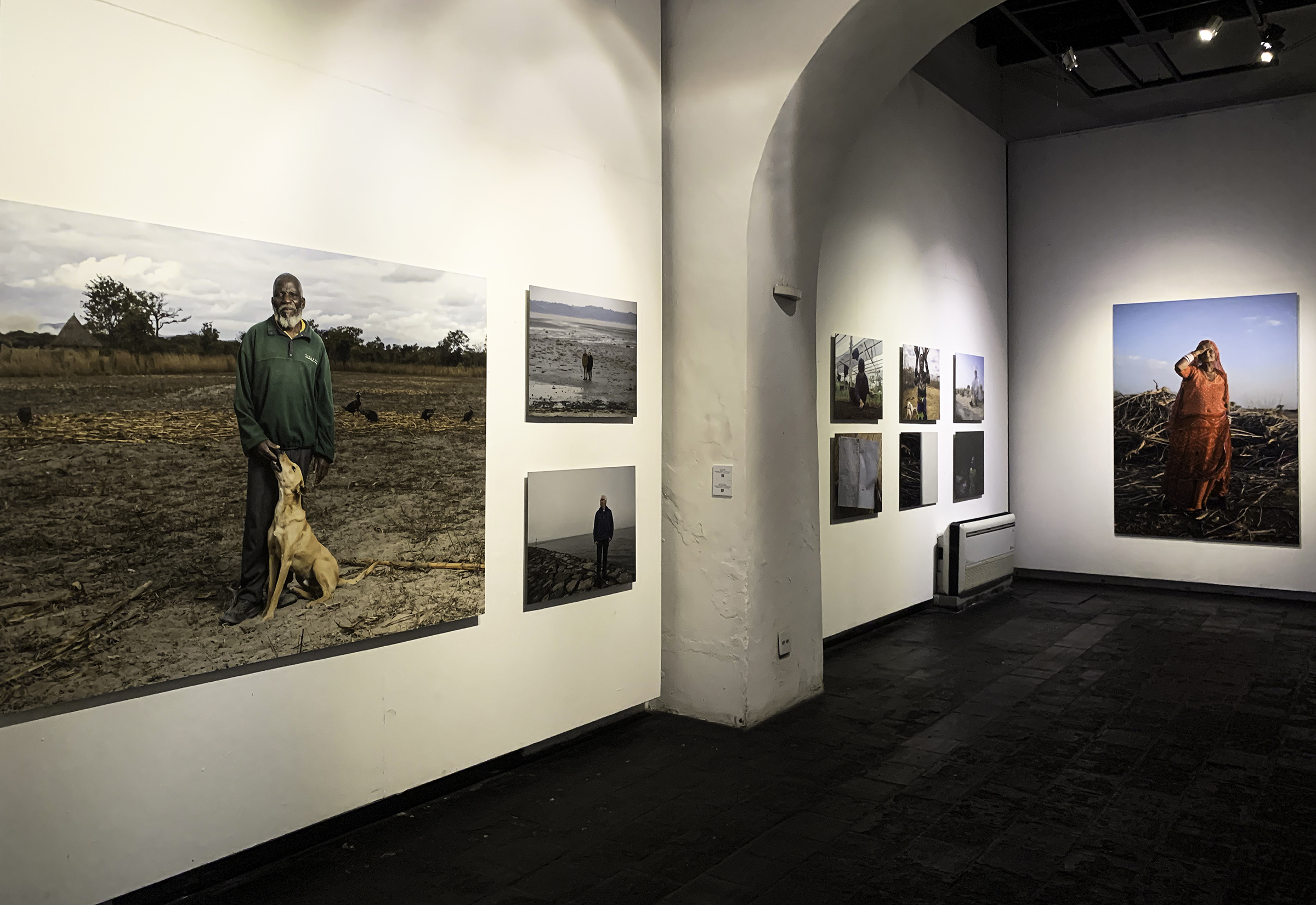
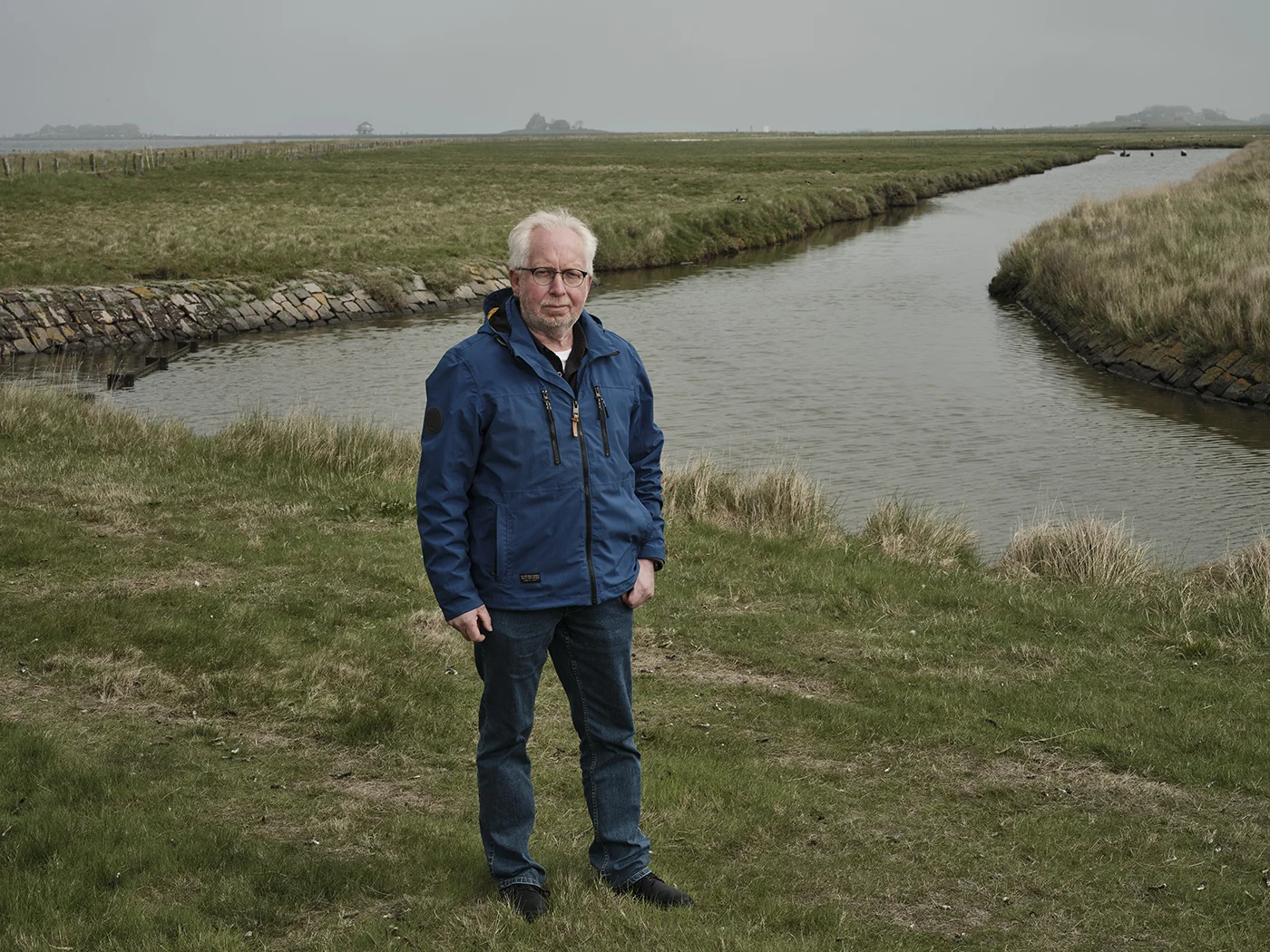
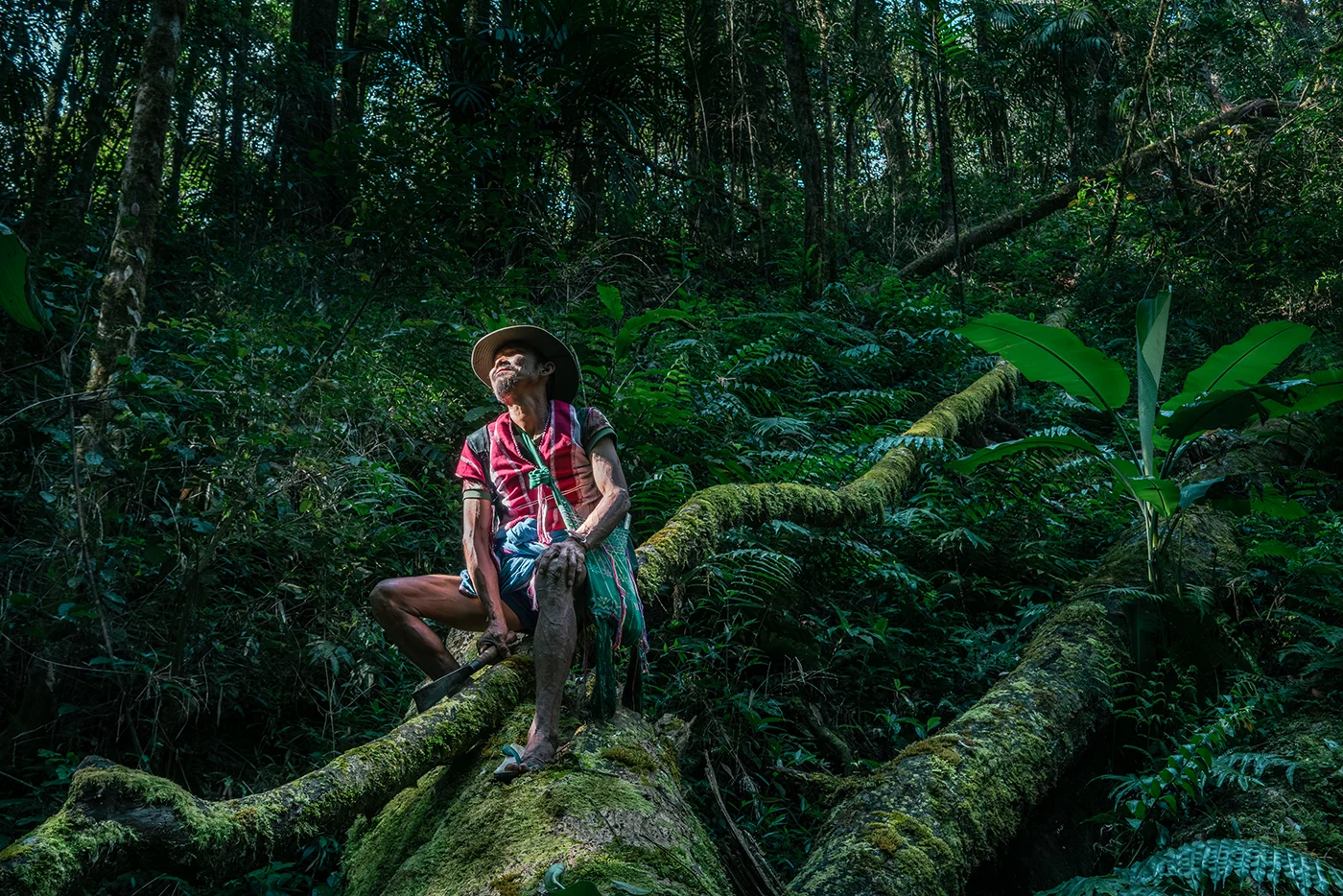
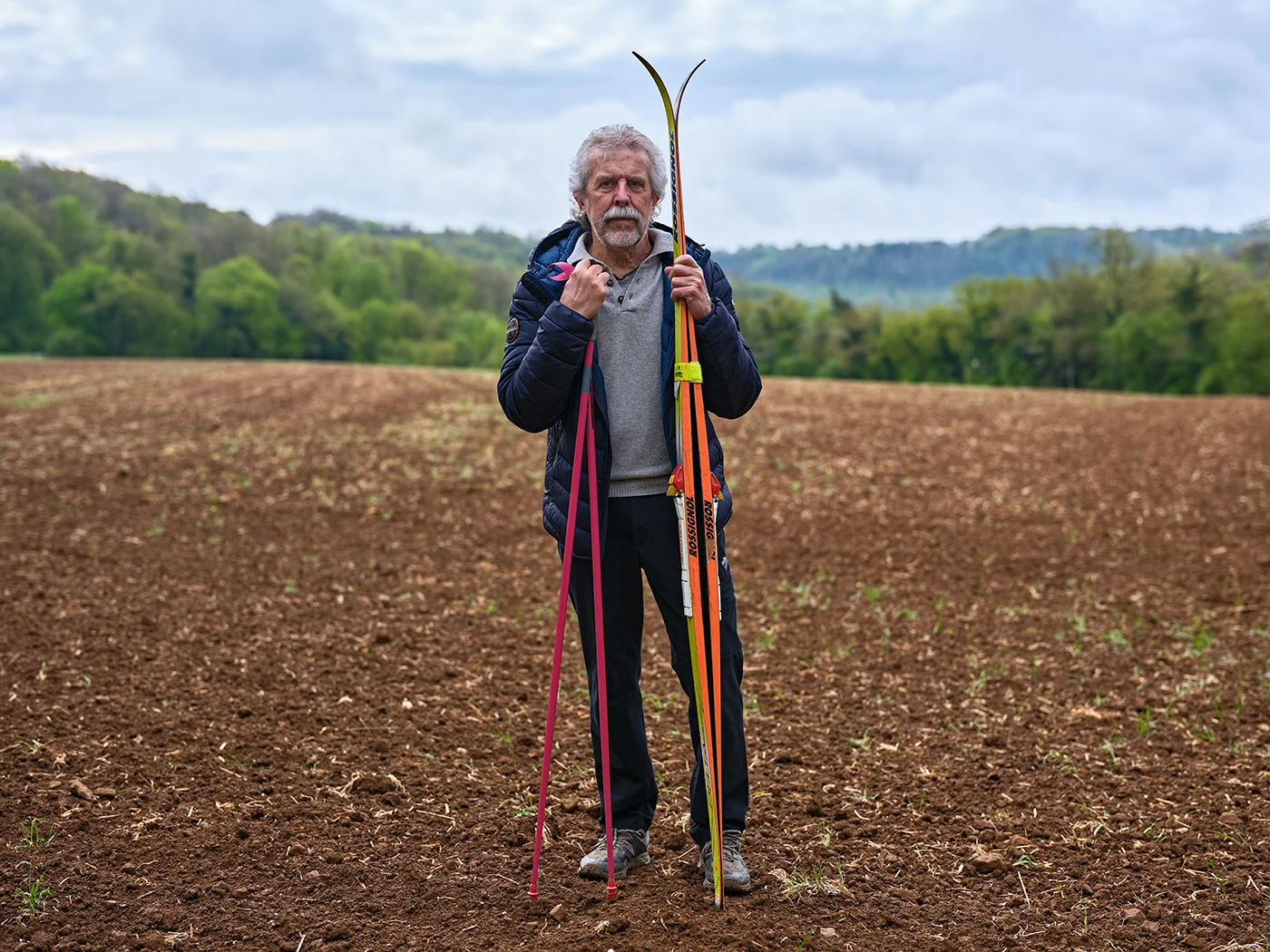







































.svg)






